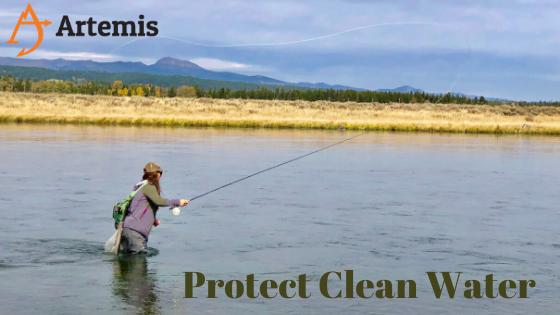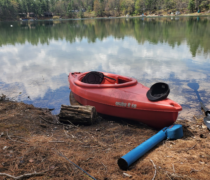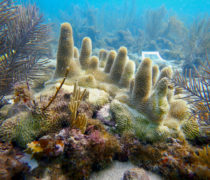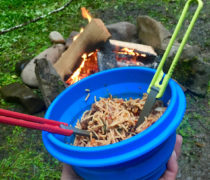Happy Anniversary to the Clean Water Act
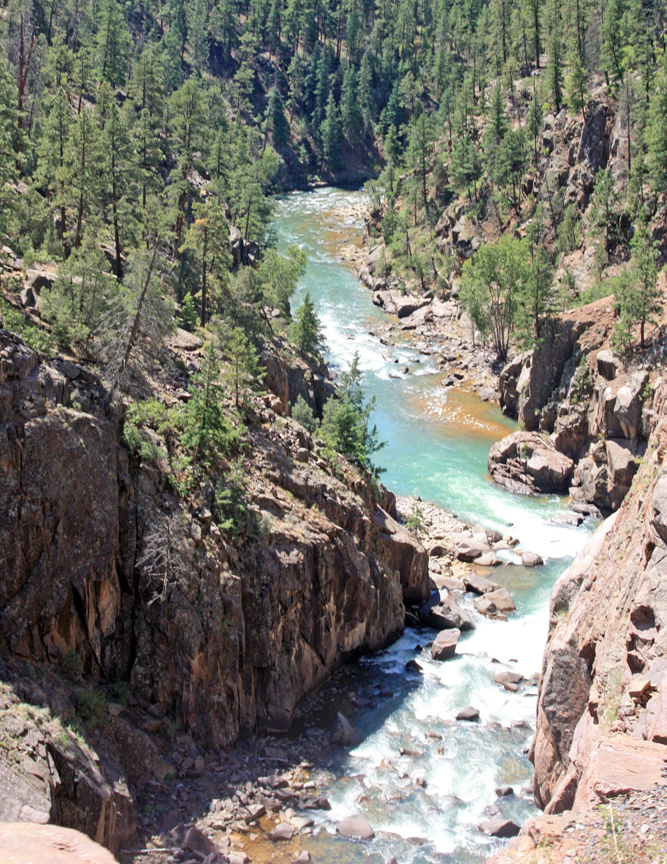
By: Marcia Brownlee
Why is clean water important to you? How does having clean water – or not having clean water – impact your life? What are you willing to do to protect water?
Today is the 47th Anniversary of the Clean Water Act. Celebrate by protecting it.
Before 1972, the average loss of wetlands in the United States was nearly half a million acres annually. Lake Erie was considered functionally dead, thanks to industrial pollution and farm run-off. Ohio’s Cuyahoga River caught on fire more than a dozen times in the century.
In 1972, Republicans and Democrats came together to pass the Clean Water Act and protect our nation’s waters – from the smallest headwaters at the top of the watershed, to the mightiest rivers and largest lakes downstream. Today, this landmark law keeps 700 billion pounds of pollutants out of our waters annually, the rate of wetland loss has slowed dramatically, and the number of places that meet clean water goals nationwide has doubled. You can even eat fish from the Cuyahoga River.
We absolutely must continue to move forward when it comes to our water resources, not backward. Your voice is needed to make this happen.
In 2015, the Environmental Protection Agency (EPA) finalized the Clean Water Rule which clarified protections that apply to wetlands and headwater streams – the places where nearly all of our freshwaters streams and lakes originate and serve as the backbone of our fishing traditions. These waters are home to more than half of North American migratory waterfowl, serve as critical fish habitat including spawning and refuge areas for fry, and provide drinking water for 117 million Americans.
The 2015 Clean Water Rule was recently repealed, and the EPA is working on a replacement rule that would remove protections from more than half of our nation’s wetlands and millions of miles of streams. This rule would take it much farther than “just” undoing protections put in place by the 2015 Clean Water Rule. These changes would allow roughly half of our nation’s wetlands to be drained, filled or destroyed. It would also mean that headwaters and ephemeral streams – the streams that give us the fish we cherish and the clean water we need – would be vulnerable to pollution and destruction.
Additionally, on August 8, EPA released a rule that would limit the ability of state and tribal authorities to file objections about the impact large federal projects like pipelines and dams would have on local waters. Section 401 of the Clean Water Act grants states and tribes the ability to review federal projects and certify that these projects comply with state water quality standards. Proposed changes would leave states and tribes without enough time, information, or resources to ensure that a project will not harm water quality.
This year, celebrate the anniversary of the clean water act by protecting it. Contact your elected officials to express your concern about actions to weaken clean water protections for streams and wetlands across the country. Tell them to stand up for strong Clean Water Act protections. Tell them to oppose efforts to rollback or restrict protections, including limiting state and tribal rights to protect water within their borders.

